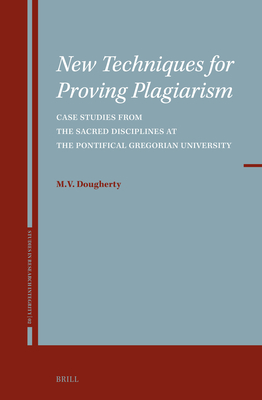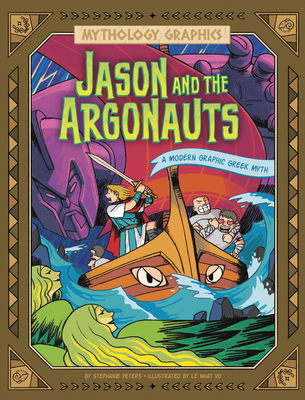
V. Dougherty, M.
product information
description
ciples of textual criticism--borrowed from the fields of classics and medieval studies--have a valuable application for plagiarism investigations. Plagiarists share key features with medieval scribes who worked in scriptoriums and produced copies of manuscripts. Both kinds of copyists--scribes and plagiarists--engage in similar processes, and they commit distinctive copying errors. When committed by plagiarists, these copying errors have probative value for making determinations that a text is copied, and hence, unoriginal. To show the efficacy of the newly proposed techniques for proving plagiarism, case studies are drawn from philosophy, theology, and canon law.
member goods
No member items were found under this heading.
notems store
listens & views

SOUNDTRACK: GENESIS: THE MUSICAL / ...
by SOUNDTRACK: GENESIS: THE MUSICAL / VARIOUS
COMPACT DISCout of stock
$16.49
Return Policy
All sales are final
Shipping
No special shipping considerations available.
Shipping fees determined at checkout.






